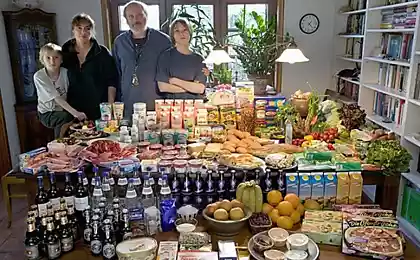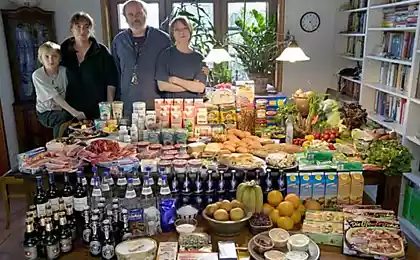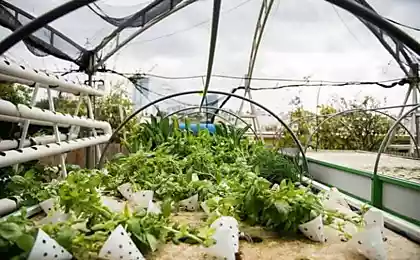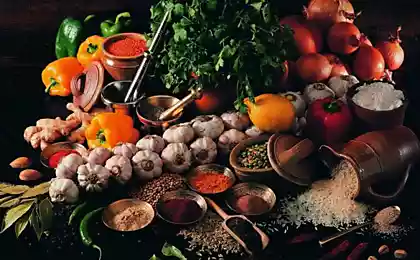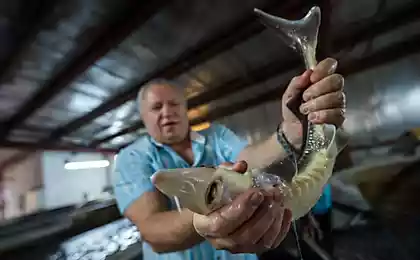182
9 Reasons to Eat Locally Made Food
Studies show that most of the nutrients in fruits and vegetables are formed during their ripening. After harvesting, sugars begin to turn into starch, and the amount of nutrients decreases. Therefore, the faster you eat a fresh product, the more healthy and nutritious it is for you. However, this is not the only reason to consume locally produced food.
Supporting local farmsBuying local produce supports local farms and creates jobs for locals, both on farms and in local food processing and distribution systems.
Stimulating the local economyMoney spent on farms and from local producers stays in the local economy, creating new jobs in other local businesses.
Less movementLocally produced products take a much shorter route to the market, meaning that much less fuel is used and less greenhouse gases are emitted.
Less wasteA shorter supply chain in the distribution, storage and marketing of local produce reduces the amount of spoiled and discarded food.
Fresh produceLocal food is fresher, healthier and tastier, as in a short time it makes the way from a bed or tree to your plate. Thus, much less nutrients are lost and food does not spoil as quickly.
Good for the soil.Local food production contributes to the diversification of local agriculture, and reduces dependence on monoculture – that is, when one plant species is grown on a large scale, to the detriment of the soil.
Attracts tourists: Local food promotes agrotourism – farmers’ markets and the opportunity to visit farms and local producers will also help attract tourists to the region.
Maintaining an open space: Buying local food helps small and medium-sized farms stay afloat and even thrive. This means that the land will not be repurposed or built up with residential neighborhoods and shopping malls.
Closer ties in society: Growing local produce creates and sustains the local community, making it more vibrant by introducing and connecting people to farmers and producers who grow healthy locally produced food.
P.S. And remember, just changing our consumption – together we change the world!
Source: www.ecology.md
Supporting local farmsBuying local produce supports local farms and creates jobs for locals, both on farms and in local food processing and distribution systems.
Stimulating the local economyMoney spent on farms and from local producers stays in the local economy, creating new jobs in other local businesses.
Less movementLocally produced products take a much shorter route to the market, meaning that much less fuel is used and less greenhouse gases are emitted.
Less wasteA shorter supply chain in the distribution, storage and marketing of local produce reduces the amount of spoiled and discarded food.
Fresh produceLocal food is fresher, healthier and tastier, as in a short time it makes the way from a bed or tree to your plate. Thus, much less nutrients are lost and food does not spoil as quickly.
Good for the soil.Local food production contributes to the diversification of local agriculture, and reduces dependence on monoculture – that is, when one plant species is grown on a large scale, to the detriment of the soil.
Attracts tourists: Local food promotes agrotourism – farmers’ markets and the opportunity to visit farms and local producers will also help attract tourists to the region.
Maintaining an open space: Buying local food helps small and medium-sized farms stay afloat and even thrive. This means that the land will not be repurposed or built up with residential neighborhoods and shopping malls.
Closer ties in society: Growing local produce creates and sustains the local community, making it more vibrant by introducing and connecting people to farmers and producers who grow healthy locally produced food.
P.S. And remember, just changing our consumption – together we change the world!
Source: www.ecology.md








